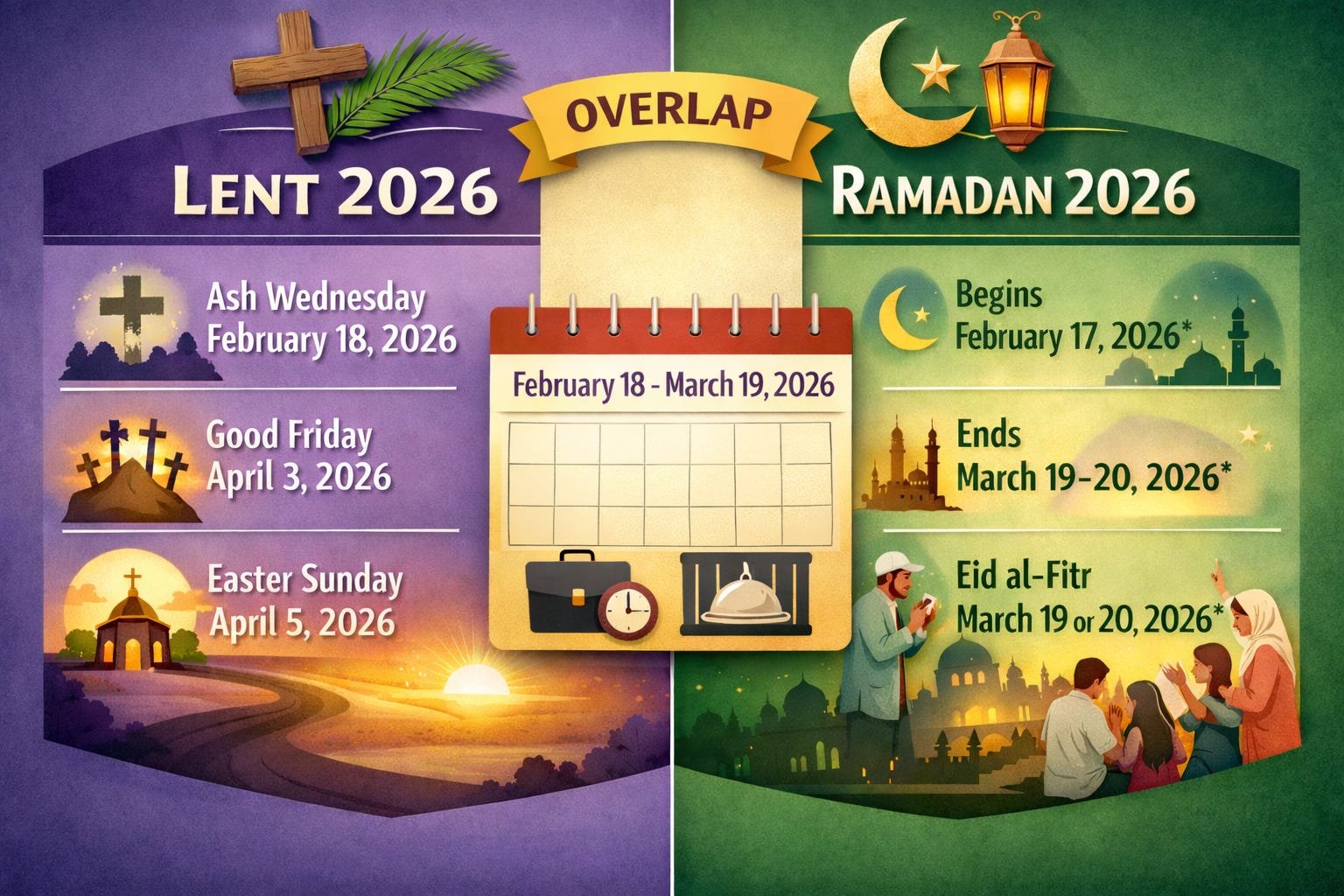
Jesse Jackson’s 1973 “Genocide” Statement and the Early Pro Life Movement Before Reagan
In May 1973, four months after the Supreme Court decided Roe v. Wade on January 22, 1973, civil rights leader…


In May 1973, four months after the Supreme Court decided Roe v. Wade on January 22, 1973, civil rights leader…

Late night television is not what it was. The desks are the same. The bands still play. The applause sign…

A Massachusetts judge issued a preliminary injunction against a 2025 federal policy that allowed immigration agents to conduct warrantless arrests…

The February 2026 Pacific Union Recorder article has moved the debate from fossils to freedom. The Pacific Union Recorder did…

By Michael Peabody – “Honoring God Through Science and Scripture” by Alberto Valenzuela, published in the February 2026 issue of…
The President’s call to return the nation to God at the National Prayer Breakfast stands in contrast to the use…
Judges rule that religious freedom does not grant protestors the right to block private property or bypass criminal prosecution. TLDR…
TLDR (Too Long / Didn’t Read Summary) Jeffrey Epstein discussed a plan that reporting described as “seeding the human race…
By Michael Peabody – On a Sabbath morning, the story often starts before anyone opens a Bible. It starts in…